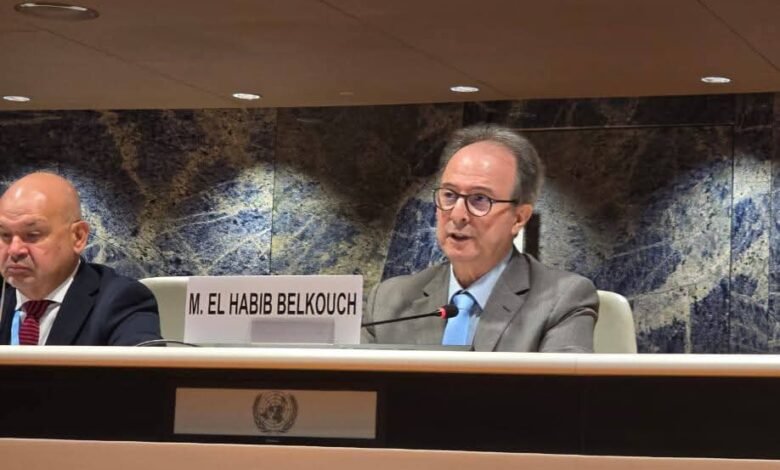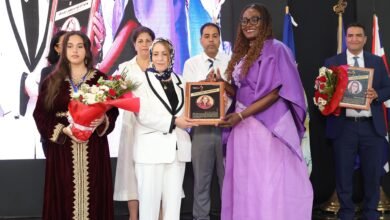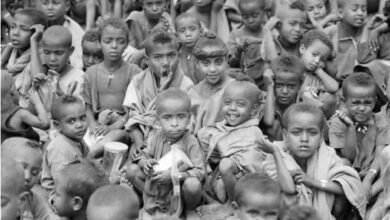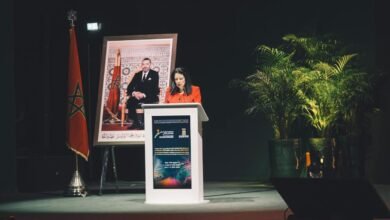Geneva: Morocco Reaffirms Commitment to Strengthening National Human Rights Mechanisms

During the 59th session of the United Nations Human Rights Council, Morocco reaffirmed its commitment to promoting and protecting human rights through national mechanisms dedicated to implementation, reporting, and follow-up.
Speaking at an international panel organized by the Office of the United Nations High Commissioner for Human Rights (OHCHR), Mohamed Habib Belkouch, the Interministerial Delegate for Human Rights, emphasized that these mechanisms form a cornerstone of Morocco’s institutional approach to human rights.
Leading a high-level Moroccan delegation, Belkouch underlined that the Kingdom’s engagement in these frameworks reflects a clear awareness of the need to reinforce the efficiency and resilience of its human rights system amid growing global challenges. He noted that such discussions contribute to mobilizing collective efforts, encouraging shared engagement, and exchanging good practices—marking a significant step forward in developing these mechanisms.
As coordinator of the executive committee for national mechanisms, Morocco continues to play a key role in fostering international cooperation. Belkouch called for leveraging the Geneva meeting to reinforce existing momentum, reduce coordination gaps, and develop innovative tools for data collection and information-sharing. He also stressed the importance of institutional coordination and the integration of international human rights obligations into national public policy.
He highlighted the importance of exchanging experiences and good practices as a foundation for institutionalizing these mechanisms. Morocco, he noted, has contributed to preparing the action plan for the global network of national implementation, reporting, and follow-up mechanisms, with a finalized draft completed by the executive committee and scheduled for formal adoption at the third international conference in Lisbon at the end of the year.
Belkouch acknowledged the support of the OHCHR in assisting national mechanisms and coordinating international human rights follow-up efforts. He recalled that Morocco established its Interministerial Delegation for Human Rights in 2011, anticipating the OHCHR’s 2012 call for such mechanisms. According to a 2016 OHCHR study, Morocco remains among a limited number of countries with an independent institutional mechanism in place.
In line with this commitment, Morocco has actively participated in global efforts to strengthen national mechanisms. In December 2022, it hosted the first international conference on these mechanisms in Marrakech, which concluded with the adoption of the “Marrakech Declaration” and a shared vision for their development, including the proposal to establish a global network for cooperation and expert dialogue.
To reinforce this vision, Morocco worked jointly with Paraguay and Portugal to draft a reference framework for international cooperation. This initiative gained momentum during the 75th anniversary of the Universal Declaration of Human Rights in December 2023, and was consolidated in May 2024 at the second international conference in Asunción. That event concluded with the adoption of the “Asunción Declaration,” establishing the international network, which now includes 24 member states. Morocco was unanimously elected as coordinator of its executive committee.
Morocco also hosted the 10th edition of the “Glion Human Rights Dialogue” in Marrakech in October 2024, which concluded with the adoption of the “Marrakech Guiding Framework,” a reference document outlining best practices and key lessons for building and sustaining the international network of national mechanisms.





